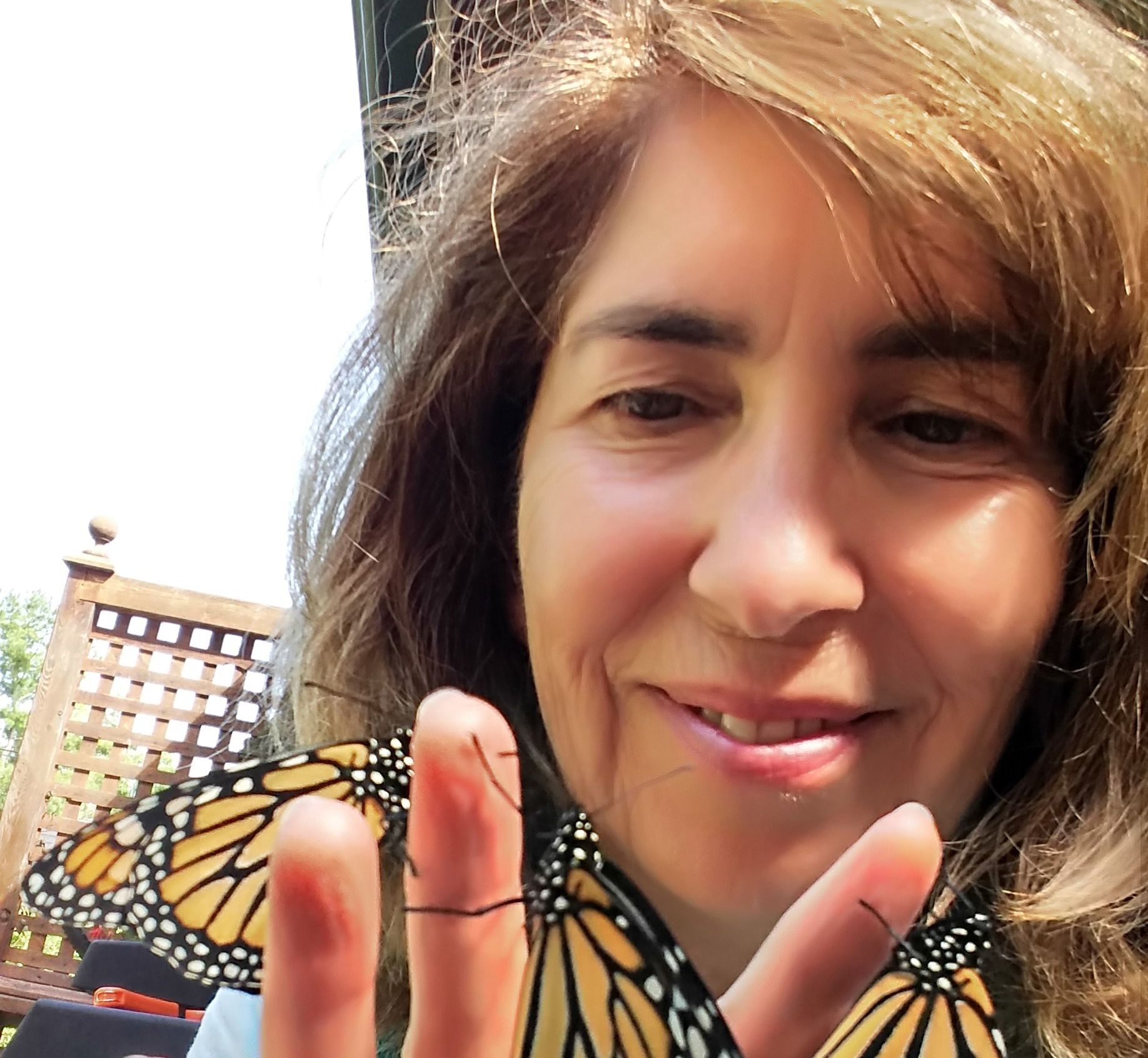Global health is an area of study, research and practice that aims to promote the improvement of health of people around the world. It includes the traditional areas of medicine and public health, and now crosses disciplines, engaging researchers in fields as diverse as economics, sociology, management, international development and engineering.
At U of T, the Faculty of Medicine is forging partnerships with other disciplines – and with universities in developing countries. For example, the department of psychiatry has partnered with Addis Ababa University to create Ethiopia’s first psychiatry residency program – raising the number of psychiatrists in Ethiopia, a nation of 90 million, from 11 in 2003 to 41 today.
Global health has its own value in improving the lives of people in other countries. But in today’s global economy, the repercussions spread far beyond national borders. Healthier, more stable societies become better business partners, says epidemiologist Prabhat Jha. “Canadian businesses won’t get excited about working in countries where there are risks like malaria. Who’d want to go there?” Moreover, Canada, and especially Canadian universities, have a tradition of creating connections with other cultures – and long-term relationships with healthy societies can only improve collaborations that benefit both places, opening two-way doors for students and researchers. “If you think about global markets, it just makes sense for Canada to invest in global health because it improves our prospects,” Jha says.
While once focused on epidemics such as smallpox (successfully eradicated since 1979), global health now looks to larger issues such as health equity. That includes improving outcomes for people everywhere, including our own country, says Dr. Catharine Whiteside, dean of U of T’s Faculty of Medicine and vice-provost, relations with health care institutions. “We don’t separate issues of inequity in certain groups in Canada, such as aboriginal populations or people in lower socio-economic environments, from groups in developing countries,” she says. “Many of the social determinants are very similar. By addressing those we can transform health care, whether for an elderly Canadian in the inner city or for a mother of several children in Kenya.”
U of T is planning to create an Institute for Global Health Equity and Innovation, which, in addition to medicine and public health, will encompass disciplines such as management, global affairs, engineering and bioethics. Whiteside also hopes to enable the Dalla Lana School of Public Health to hold at least two more endowed chairs in health equity, as well as increase the numbers of global health scholars and fellowships.
Recent Posts
U of T’s 197th Birthday Quiz
Test your knowledge of all things U of T in honour of the university’s 197th anniversary on March 15!
Are Cold Plunges Good for You?
Research suggests they are, in three ways
Work Has Changed. So Have the Qualities of Good Leadership
Rapid shifts in everything from technology to employee expectations are pressuring leaders to constantly adapt





